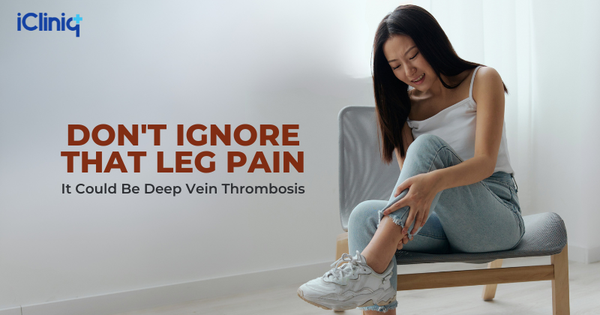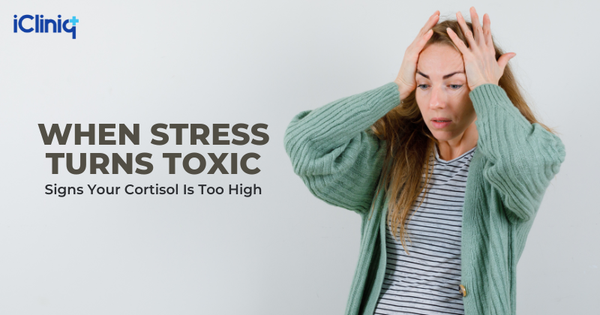7 Insomnia Myths Debunked

With significant advancement in sleep science achieved in the last 20 years, scientists now understand how sleep works, why it is important, and the factors that can disrupt it. Even after these scientific breakthroughs, various misinformation and rumors get spread about sleep, insomnia, and other sleep-related disorders on social media or by word-of-mouth. This false information is repeated so often that some of them become myths.

Individuals with insomnia, the most common sleep disorder, often find it difficult to fall or stay asleep. The following is the list of the seven most common myths about insomnia that people believe, making their condition worse.
Myth 1:

Myth – Alcohol Will Help You Sleep Better
The sedative properties of alcohol may help with sleep onset, making you fall asleep faster. Still, drinking before bed often results in a disturbed sleep cycle as the liver enzymes start metabolizing alcohol. People who consume alcohol before going to bed experience insomnia symptoms and excessive daytime sleepiness the following day. Also, drinking can become a habit, forcing the person to consume successively more alcohol at night for its sedative effects.
Myth 2:

Myth – Getting More Sleep Is Better
Some of us might need some extra sleep while recovering from sleep loss or an injury. In reality, most of us fall short of the recommended 7 to 9 hours of sleep every night. This makes us consider people who regularly get more hours of sleep blessed. However, oversleeping is often linked to a major health problem, such as heart condition, diabetes, or depression. Oversleeping can also increase the risk of obesity.
Myth 3:

Myth – The Time of the Day You Sleep Does Not Matter
While getting sleep at any time of the day should be better than no sleep at all. But research shows that the time of the day when you sleep matters. It is best to sleep during the night, as it helps align the body’s internal clock with the environment. Night-shift workers have lower sleep quality and are at higher risk for diabetes, depression, and breast cancer.
Myth 4:

Myth – Watching TV in Bed Helps You Relax
The flashing colors, sounds, and breaking news make watching television the most stimulating activity, which is not ideal before we fall asleep. All the light emitted makes your brain think it is daytime, impairing the secretion of melatonin (the hormone vital for quality sleep). Scrolling through your newsfeed or playing games on your smartphones in bed has the same effect.
Myth 5:

Myth – Sleeping Pills Are Risk-Free
Recent advances have indeed made sleeping pills effective and safer than their older versions, but all medications have potential side effects and risks. There is always a risk of addiction or dependency. Avoid self-medication and always talk to your doctor before using such pills. Sleeping pills will temporarily relieve insomnia symptoms, but insomnia cannot be cured unless the underlying cause is identified and treated first.
Myth 6:

Myth – The Body Eventually Adjusts to Less Sleep
Most adults assume that their brains adapt and learn to function well on less sleep. Everyone is born with a fixed sleep need (7 to 9 hours), and some individuals might learn to stay awake longer, but the body cannot be trained to need less sleep. Chronic sleep deprivation will eventually lead to poor work performance, poor immunity, relationship problems, and increased risk of accidents and chronic illnesses.
Myth 7:

Myth – Insomnia Gets Better on Its Own
Insomnia can be due to stress, certain medications, underlying health problems, etc. Unless the underlying cause is not eliminated, insomnia is not going to disappear on its own. In case you have suddenly developed problems getting or staying asleep, or you feel tired in the morning, talk to a doctor online. You might have a sleep disorder, which will need proper medical treatment.





